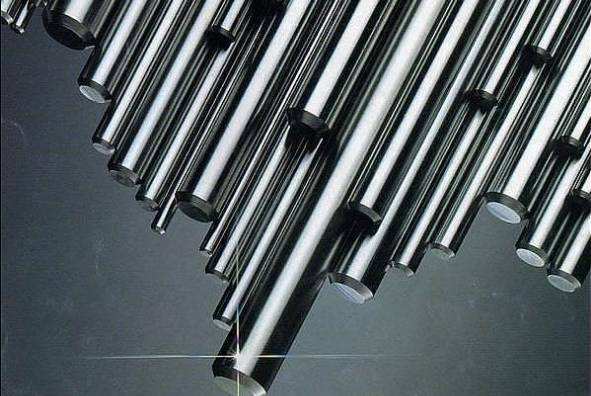Why Stainless Steel will Rust?
2017-08-23
We are surprised when the stainless steel surface is brown rust (spots). And we think that "stainless steel will not rust, rust is not stainless steel, and it may be steel problem." In fact, this is a one-sided erroneous view of the lack of understanding of stainless steel. Stainless steel also will rust under certain conditions.
Stainless steel has the ability to resist the oxidation of the atmosphere, namely stainlessness. But also has the ability to resist corrosion in the medium of acid, alkali and salt. However, the ability of corrosion resistance is changed with its chemical composition, state of interaction, conditions of use and the type of environmental media. For example, 304 stainless steel material, it has absolutely good resistance to corrosion in a dry and clean atmosphere; but moves it to the coastal area, which will soon rust in the sea fog with lots of salt. Therefore, not any kind of stainless steel, at any time can be corrosion-resistant, non-rusting.
Stainless steel is formed by its surface layer of very thin and strong and stable chromium-rich oxide film (protective film), to prevent oxygen atoms continue to infiltrate, continue oxidation, and corrosion resistance. However, for some reason, this film is constantly destroyed, the air or liquid oxygen atoms will continue to infiltrate or continuous separation of iron atoms in the metal, the formation of loose iron oxide, and the metal surface is also subject to constant Corrosion.
How to deal with stainless steel rust?
a) Chemical methods:
Cream or spray assisted with pickling corrosion parts form a chrome oxide film to passivation to restore it to corrosion resistant ability, pickling, in order to remove contaminants and acid residue, proper wash with water is very important. After all treatment done, using the polishing equipment to re-polish and seal with polishing wax. For the part of slight rust also can be use 1:1 gasoline mixture, oil mixture and clean cloth to remove the rust stains.
b) Mechanical method:
Blast cleaning, shot blasting with glass or ceramic particles, annihilation, brushing and polishing. It is possible to wipe away the pollution caused by previously removed material, polishing material or annihilating material by mechanical method. All kinds of pollution, especially foreign iron particles, can be a source of corrosion, especially in humid environments. Therefore, it is better to clean the surface of mechanical cleaning in the dry condition. Mechanical method can only clean the surface of the material, not change the anti-corrosion ability of the material itself. It is recommended to polish the equipment after mechanical cleaning, and then seal it with a polishing wax.











